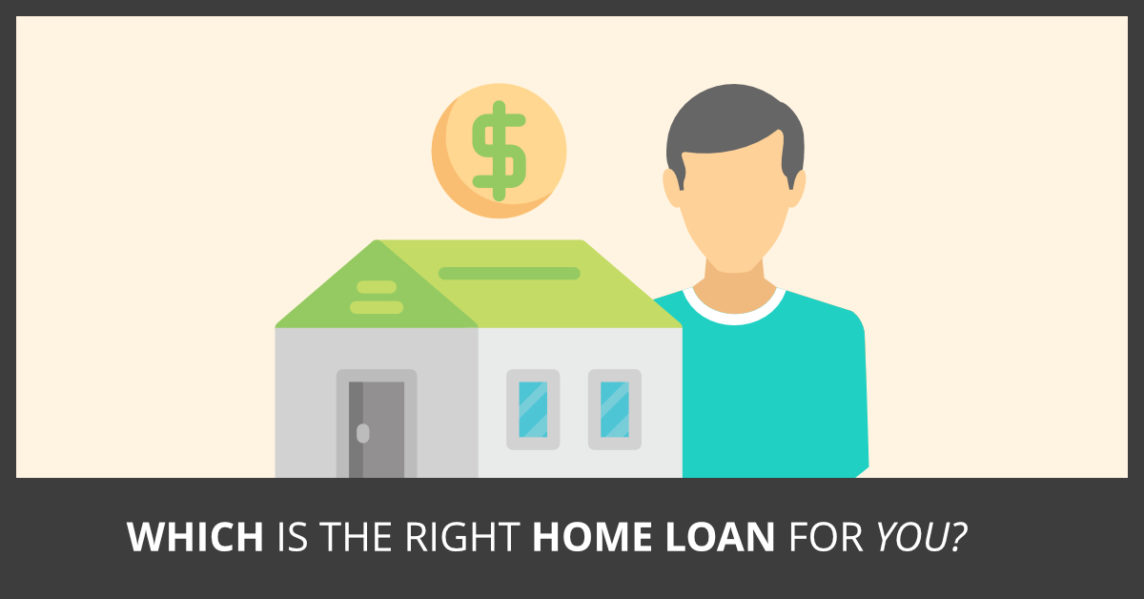Top Six Reasons why your home loan might be declined
You’re ready to buy a home, but you can’t find a lender who will approve your home loan. While this might seem discouraging and frustrating, it is not necessarily the end of your dream to become a home owner. Once you know the reason that you are considered a bad risk, you can improve your eligibility. Usually, it just takes a little more time and to improve your eligibility.
Here are the top six reasons lenders might decline your loan application:
Low deposit
If you can only place a small down payment on the property of your dreams, the lender might conclude that you are not financially prepared to take on the long term responsibility of a home loan. The lower the deposit, the more you need to borrow, creating a higher risk for the lender. A larger deposit not only lowers your repayments, it also demonstrates your long-term financial commitment.
Bad credit
Again, if you have a poor history of paying bills or repaying credit card loans for frivolous items, a lender is not going to trust you to pay off a home loan. Clean up your act by settling your debts and paying off credit card bills promptly, so you come across as a more realistic prospect for lenders.
Employment history
Lenders will be looking closely at your employment history to confirm whether you have steady employment and a regular income. If you have only been employed in your current role for short time or if you have been self-employed for less than two years, you will be perceived as a higher risk and your loan application may be declined on these grounds. If you are currently unemployed, your chances of being approved are extremely low, as you cannot repay a home loan if you do not have a viable income – and do you want that additional financial stress while you are out of work? Once you have a steadier employment history, lenders will look at you more favourably
Your age
It might seem unfair, but your age can count against you when you are applying for a home loan. If you are extremely young, lenders might be concerned that you won’t commit to the long term responsibility of paying off a home loan. If you are older and close to retirement age, they might assume you won’t have the income to manage home loan repayments. You can counteract this impression by demonstrating to the lender that you have a solid plan in place and that you are committed to repaying the loan.
You want a unique property
When you want to purchase a unique or unusual property, your potential lender will be looking ahead to when you want to sell it. When a property falls outside the mainstream, there is a limited market of potential buyers, so your lender will be wary of investing in a property that may not sell easily.
Already applied to a lot of lenders
If a lender can see you have already sent out a lot of applications and been knocked back every time, they might save themselves the effort of further research and decide that you are a bad risk. When you are knocked back by a lender, ask them why they turned down your application, then fix the issue before trying again.
For more information about how you can secure a home loan, contact us today, so we can help you follow the right path towards owning your home.






